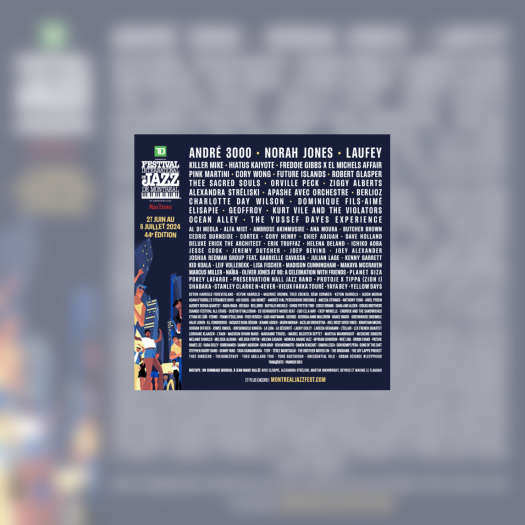As far as recent films about the experience of immigrating to North America go, Amreeka is not as leadenly liberal and self-righteous as The Visitor, nor is it as spiritually awkward as Heaven on Earth. It does boast, however, a variety of issues that detract marginally from a mostly affable, if cartoon-ish, look at belonging and assimilation in the land of opportunity.
The L Word writer Charion Dabis's feature film debut jumps into action with the occupied West Bank, where Muna (Nisreen Faour) works dispiritedly as a bank employee, commuting around the newly formed wall through military checkpoints, suffering insult and degradation. Opportunity brings Muna and her son, Fadi (Melkar Muallem), to Illinois, where they bunk with family during their transition.
Unfortunately, what the elated new immigrants discover is a country fractured by wartime woes and blanket discrimination, as Fadi battles bullies at school who call him Osama, and Muna can only find employment at White Castle despite her multiple degrees and banking background. And while these plights frequently manifest in a laborious, pedagogical light, highlighting the absurdity of dreading difference and the pain of alienation, Amreeka is not a cynical film.
For all of the hammy classroom discussions about the Middle East and two-dimensional American racists, there are equal parts naïve caricatures of goodness, in the form of a lonely Jewish principal and helpful bank employee, who help the newcomers find comfort and placement. America isn't vilified here anymore than Palestinian territory is, leaving a balanced, albeit overtly constructed, glimpse into immigration through an imminently likable protagonist that acknowledges both the good and the bad.
Politics and racial disharmony aside, Dabis maintains a pleasant tone throughout the film, injecting comedy and a naturalistic family dynamic, keeping unseemly events from falling into heavy-handed, melodramatic territory. This wise sensibility makes it easy to overlook the many blatant flaws on display throughout.
(E1)The L Word writer Charion Dabis's feature film debut jumps into action with the occupied West Bank, where Muna (Nisreen Faour) works dispiritedly as a bank employee, commuting around the newly formed wall through military checkpoints, suffering insult and degradation. Opportunity brings Muna and her son, Fadi (Melkar Muallem), to Illinois, where they bunk with family during their transition.
Unfortunately, what the elated new immigrants discover is a country fractured by wartime woes and blanket discrimination, as Fadi battles bullies at school who call him Osama, and Muna can only find employment at White Castle despite her multiple degrees and banking background. And while these plights frequently manifest in a laborious, pedagogical light, highlighting the absurdity of dreading difference and the pain of alienation, Amreeka is not a cynical film.
For all of the hammy classroom discussions about the Middle East and two-dimensional American racists, there are equal parts naïve caricatures of goodness, in the form of a lonely Jewish principal and helpful bank employee, who help the newcomers find comfort and placement. America isn't vilified here anymore than Palestinian territory is, leaving a balanced, albeit overtly constructed, glimpse into immigration through an imminently likable protagonist that acknowledges both the good and the bad.
Politics and racial disharmony aside, Dabis maintains a pleasant tone throughout the film, injecting comedy and a naturalistic family dynamic, keeping unseemly events from falling into heavy-handed, melodramatic territory. This wise sensibility makes it easy to overlook the many blatant flaws on display throughout.




